by Dr Daud Abdullah*
Now that Palestine has formally become a member of the International Criminal Court (ICC), its political forces can no longer afford to delay national reconciliation. It has been overdue for far too long.
The same courage and political will that was used to pursue membership of the ICC must now be deployed to forge an all-inclusive national unity and consensus.
Putting aside any concerns about the independence of the ICC, Palestine’s accession marks a significant turning point in the history of its relations with Israel. The occupying power’s Prime Minister Benjamin Netanyahu will, no doubt, do whatever it takes to minimise the potential impact of this development, even if it means another military offensive against the vulnerable Gaza Strip.
Also Read: Fear of Being Left Behind: When FOMO Becomes a Lifestyle for Gen Z
The recent EU decision to keep Hamas on its list of “terrorist” organizations, despite a court ruling to the contrary, has coincided with a series of Israeli attacks on fishermen and farmers on the northern and eastern borders of the enclave.
Blockaded and isolated as Gaza is from the outside world, Israel has in the past launched wars on the territory not just to weaken Hamas, but also to reinforce the rift with Ramallah.
Divisions within the Palestinian national movement and the quest for reconciliation have become something of a soap opera. While all factions profess commitment, they seem to be pitifully incapable of putting aside their differences for the greater national good.
Last week, the Beirut-based Al Zaytouna Centre for Studies & Consultations and the Afro-Middle East Centre (AMEC) from Johannesburg hosted a conference under the title “Palestinian reconciliation: Prospects and Challenges”.
Also Read: Peace in Gaza, Between Hope and Reality
This was, by all standards, a unique initiative. Though not an attempt to mediate between the disparate forces, it offered a sound platform to build upon what has been achieved in the past. Unlike the previous efforts by regional governments, this NGO-led programme involved the active participation of senior South African diplomats, past and present.
After two days of discussions, all the major political actors reaffirmed the need for fresh efforts for reconciliation. Given the current circumstances, Hamas’s representatives stressed that an end to the blockade of Gaza, its reconstruction and the activation of the unity government in all of the occupied Palestinians territories, not just the West Bank, were necessary steps to aid the process.
On his part, Fatah representative Dr Husam Zomlot pointed out that on a procedural level it was important for the search for reconciliation to be conducted within the framework of the Palestine Liberation Organisation (PLO).
Though the point is entirely valid in principle, many questioned the practicality of the suggestion, given that the PLO has itself been subsumed by the Palestinian Authority and has become a pale shadow of what it once was.
Also Read: Four Prominent Palestinian Detainees Set for Release: Who Are They?
At the end of the day, the real challenge facing the parties is not how to divide power but rather how to advance a new vision and strategy for the future. This poses a huge dilemma for those followers of the Oslo formula, since the attainment of Palestinian national rights within the context of security coordination with the Israeli occupation authorities is as absurd as trying to make a silk purse out of a sow’s ears.
In order to succeed, reconciliation should never be a self-serving or tactical exercise. Nor must it ever be subject to crass opportunism. It must be seen as a strategic objective. Thus the visit by Prime Minister Hamdallah to Gaza last week was welcomed widely and seen as an encouraging development.
That new hope was, however, dashed almost immediately when President Mahmoud Abbas addressed the Arab summit in Sharm El Sheikh and warned menacingly of the “dangers of division which we must confront culturally, religiously and in addition to treating it through security means.”
The inference was that there was somehow a similarity between the Houthi rebels in Yemen and the resistance forces in Gaza and, as such, the latter should be dealt with in the same manner. Amazingly, Abbas’s “religious adviser”, Mahmoud Habbash, used last Friday’s sermon to call for a “Decisive Storm” against the Gaza Strip, similar to that launched against the Houthis.
Also Read: Children in Gaza and Future Generations Threatened by Genetic Damage
That said, it is clear that for every one step taken forward towards reconciliation there are always two corresponding steps backwards. This sad state of affairs will continue as long as reconciliation is viewed simply as a means to bring Hamas into government (and thus, it is envisaged, make it more “moderate”) and not as a means to realising the aspirations of the Palestinian people.
After the squandering of far too many opportunities in the past, Palestine’s accession to the ICC will, perhaps, give new impetus, meaning and purpose to the long overdue reconciliation process.
Whatever the doubters may say, membership of the ICC marks a major step toward the recognition and preservation of Palestinians and their human rights. If nothing else, it should put an end to the creeping genocide that is engulfing them under Israel’s brutal military occupation.(T/R05/P3)
Mi’raj Islamic News Agency (MINA)
Also Read: Palestinians in Gaza Remain Wary Amid Ceasefire Jubilation
*Director, Middle East Monitor, MEMO, London; Contibutor of Mi’raj Islamic News Agency (MINA).
Source: https://www.middleeastmonitor.com/resources/commentary-and-analysis/17845-post-icc-accession-reconciliation-must-top-the-palestinian-agenda
Also Read: When the Sumud Flotilla Didn’t Reach Gaza





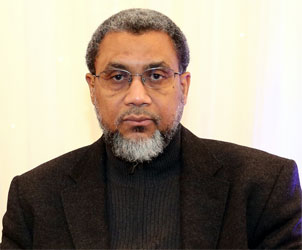



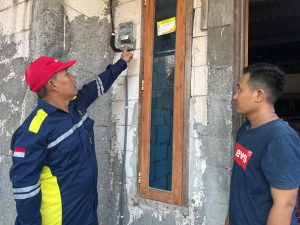
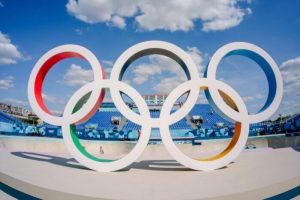
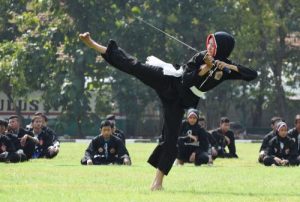
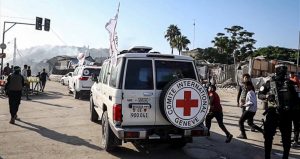
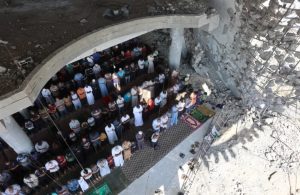


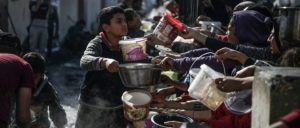
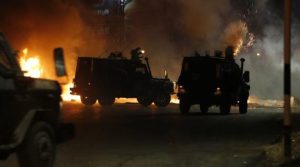




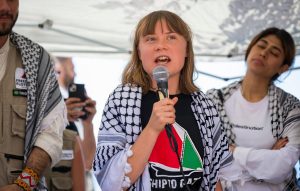
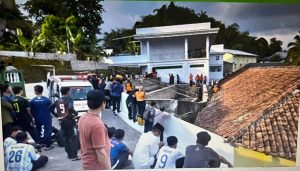
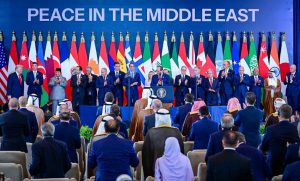
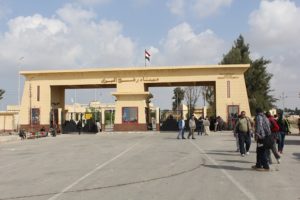
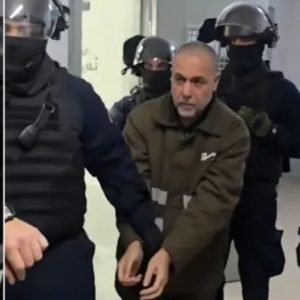
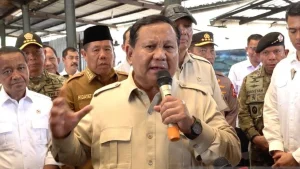

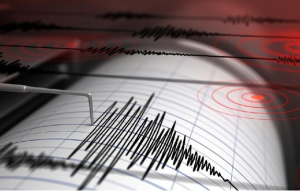



 Mina Indonesia
Mina Indonesia Mina Arabic
Mina Arabic